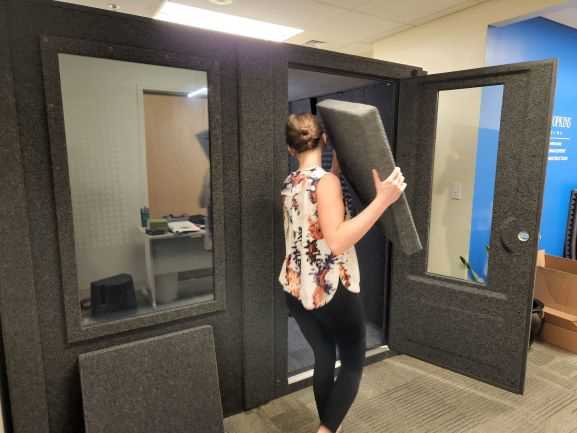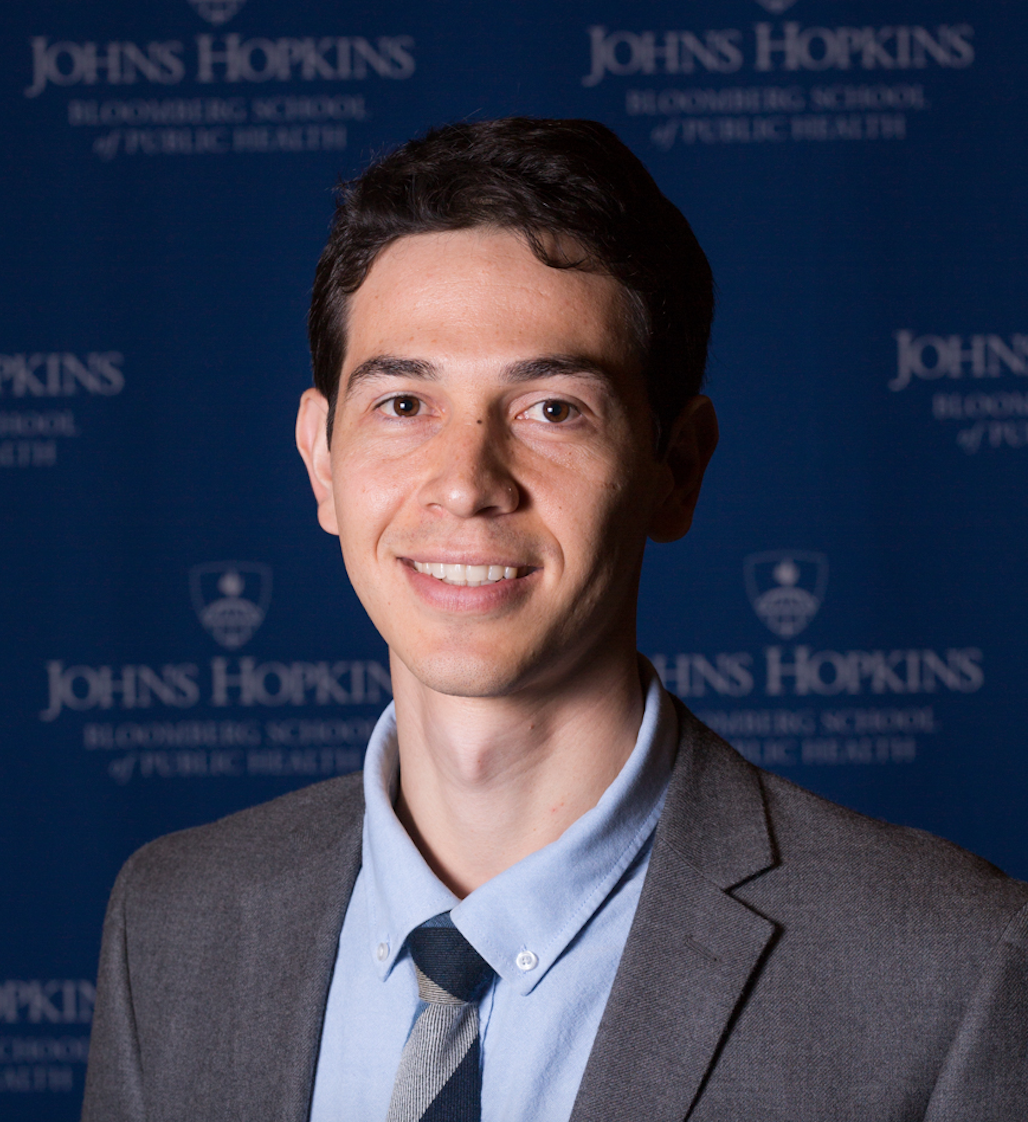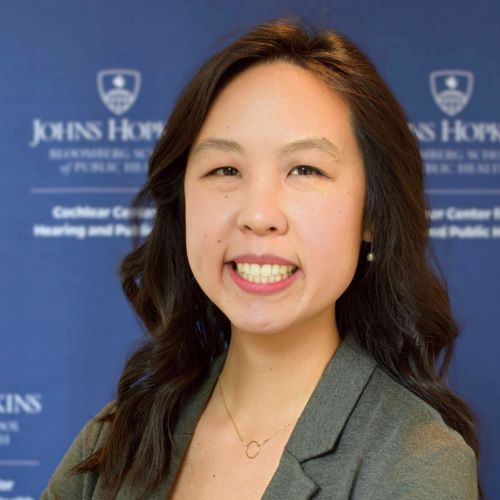Greetings!
The 2022-2023 academic year marked the fifth anniversary of the Johns Hopkins Cochlear Center for Hearing and Public Health, and it has truly been a banner year. 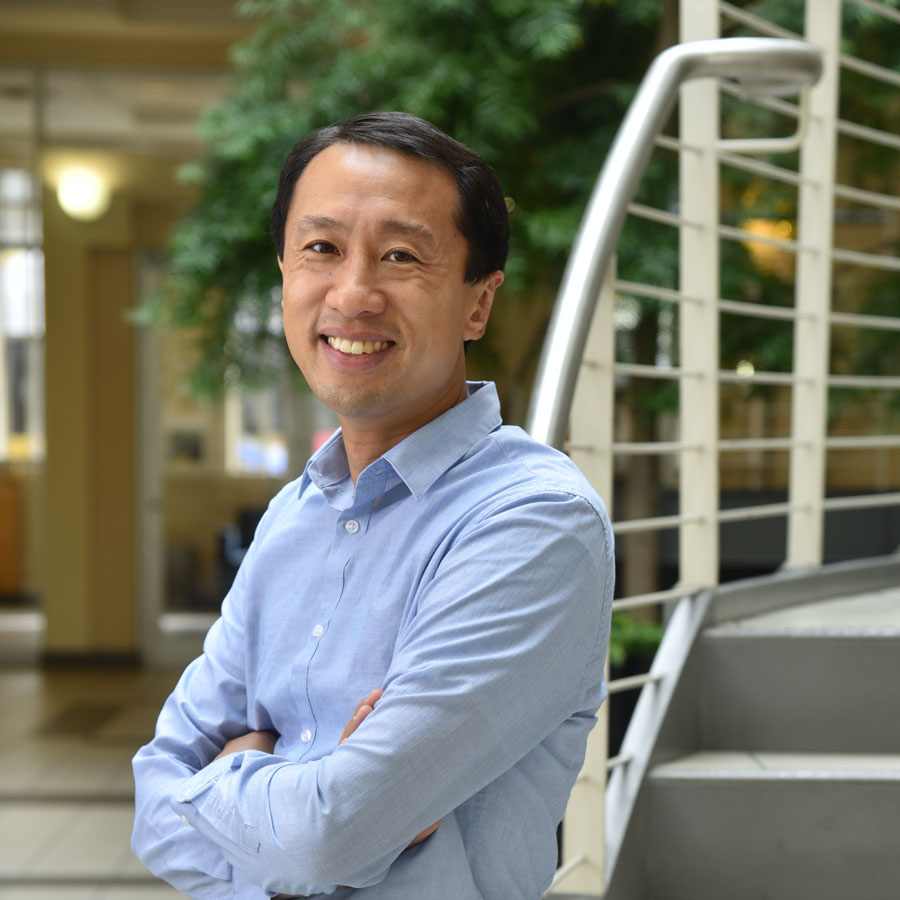
We saw results from our large research and policy initiatives, with publication of the ACHIEVE and HEARS randomized controlled studies and the FDA's long-awaited release of guidelines for over-the-counter hearing aids, an effort five years in the making.
Our first public health campaign, aimed at establishing the Hearing Number, or four-frequency pure tone average, as a universal, neutral metric to understand and talk about hearing, got off the ground with a new website. It picked up momentum through a partnership with the Consumer Technology Association to develop a new standard, released this August, that will guide consumer technology companies in using and implementing the Hearing Number in their products.
Most importantly to our mission, our training programs continue to be sought after, we attract trainees with impressive drive and ambition, and our programming makes the best of the lessons of the last three years with a balance of on-line and in-person learning.
Finally, as part of our post-pandemic return to in-person work this year we moved into a new office suite that gives us the space to be in the office at the same time, in time to expand our trainee cohort and welcome two new faculty members.
Read on for an overview of the achievements of an extraordinary year, and thank you for your continued support.
Frank R. Lin, MD, PhD
Director, Cochlear Center for Hearing and Public Health


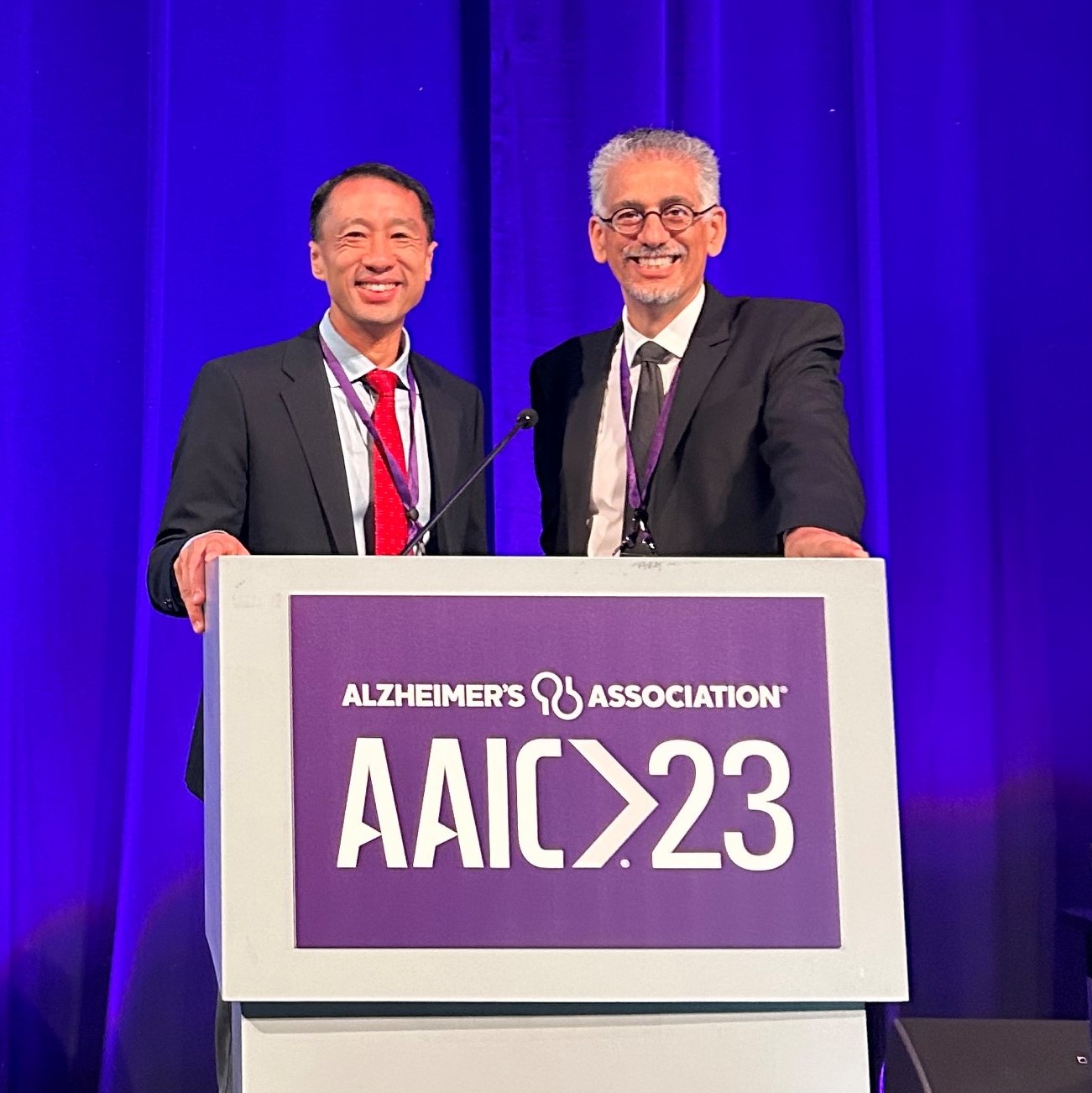
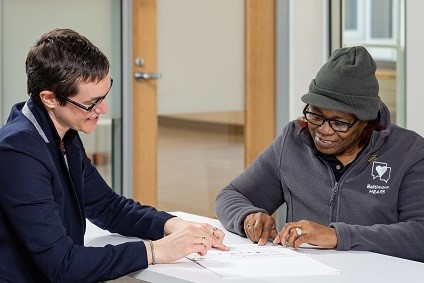
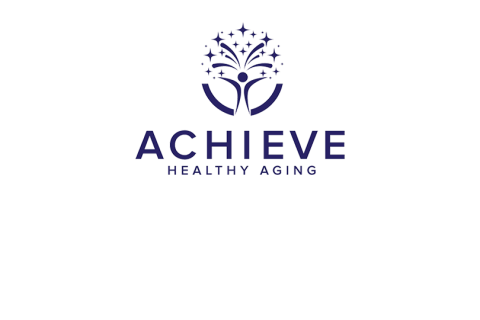

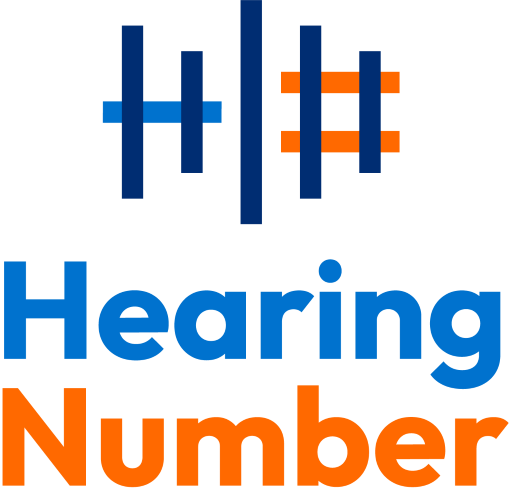
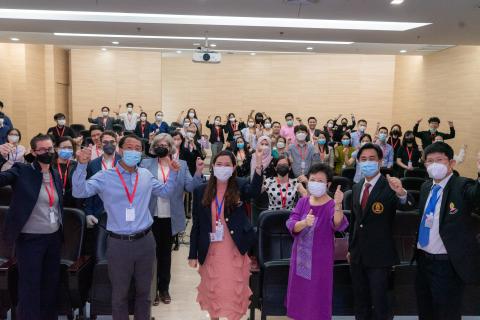

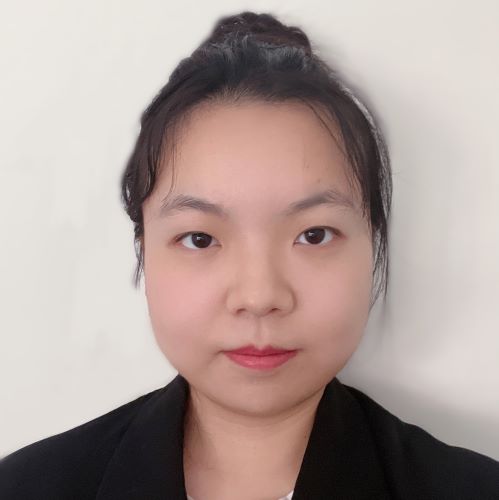
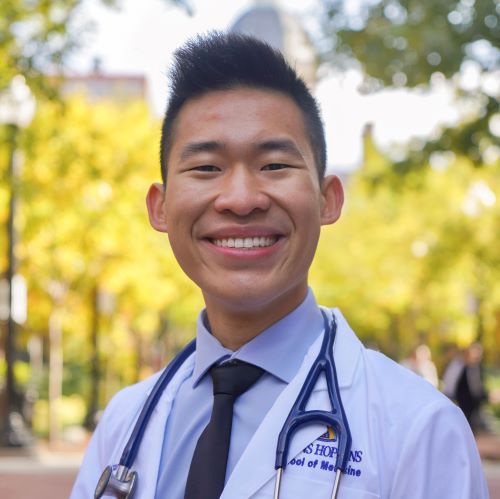 Medical student Oscar Li created an animated documentary exploring hearing loss through the experiences of two older adults for his Scholarly Concentration project at the Johns Hopkins University School of Medicine. Li's film, "What Did You Say?," was selected for the Columbia Film Festival, the Palm Springs Animation Film Festival, and the Couch Film Festival, where it won the award for Best Documentary North America 5:-01-20:00 Category. Watch
Medical student Oscar Li created an animated documentary exploring hearing loss through the experiences of two older adults for his Scholarly Concentration project at the Johns Hopkins University School of Medicine. Li's film, "What Did You Say?," was selected for the Columbia Film Festival, the Palm Springs Animation Film Festival, and the Couch Film Festival, where it won the award for Best Documentary North America 5:-01-20:00 Category. Watch 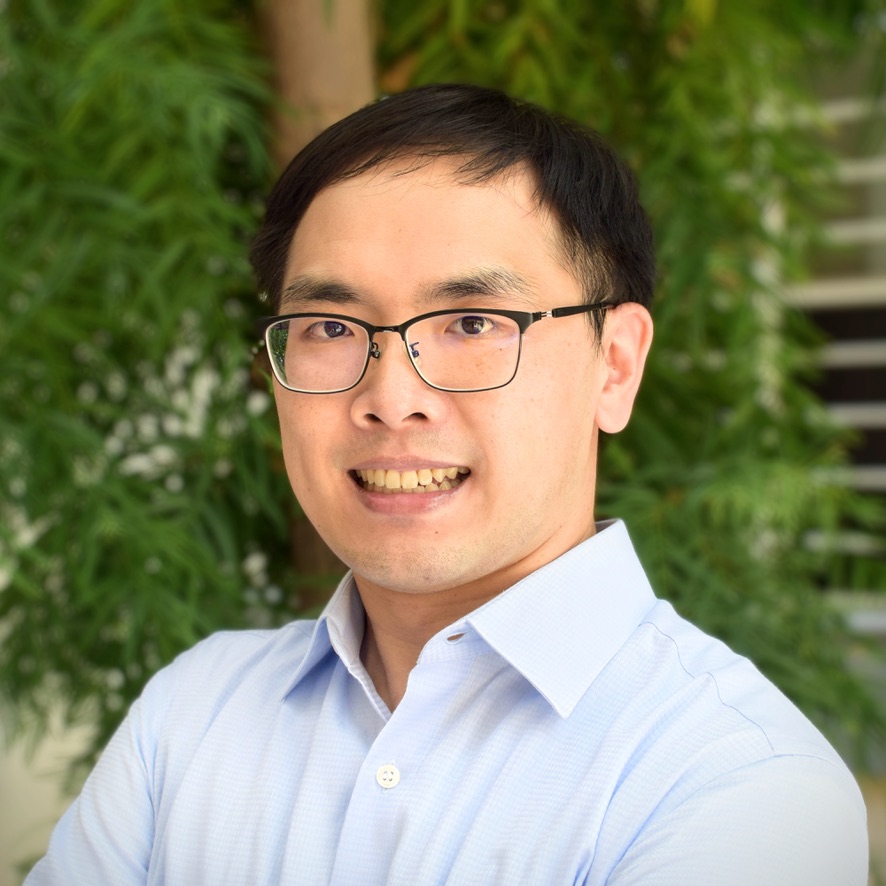
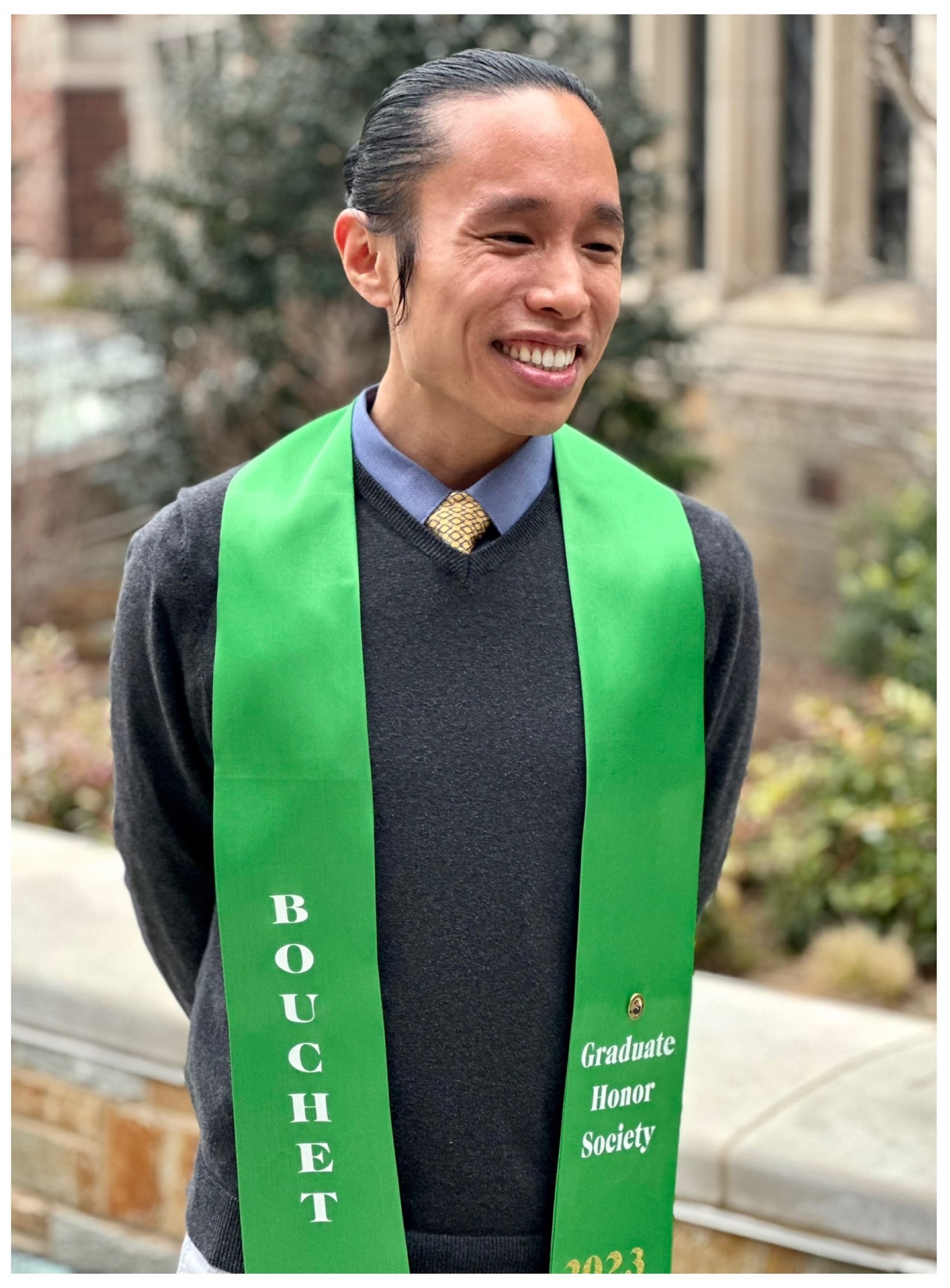
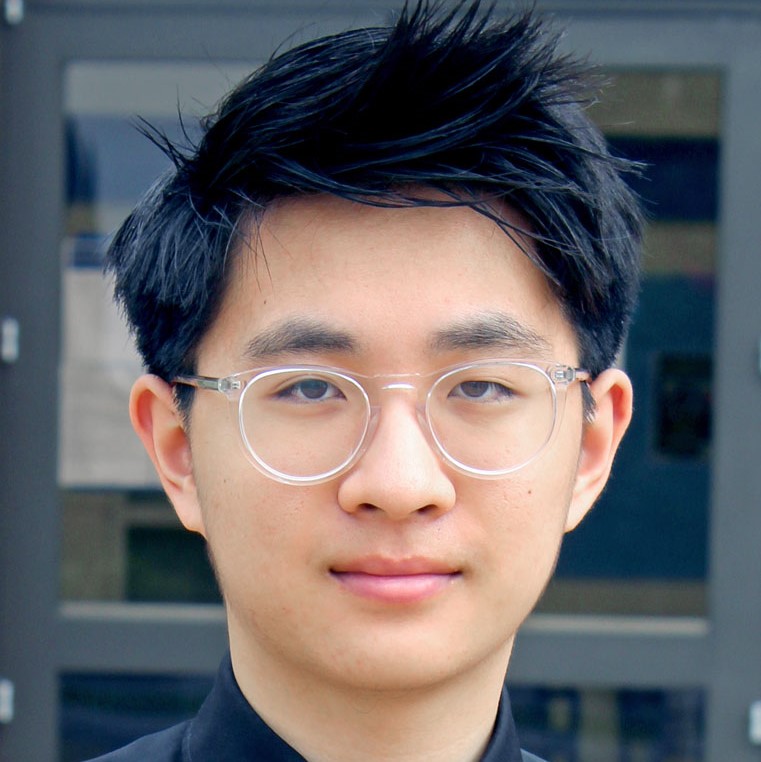 Undergraduate Ethan Wang received the Provost’s Undergraduate Research Award, which supports Johns Hopkins undergraduate students engaged in independent research, and scholarly and creative projects. With the PURA grant, Wang is working with mentor Jennifer Deal to investigate the association between dual sensory loss and cognition among older adults in India from the Longitudinal Aging Study in India.
Undergraduate Ethan Wang received the Provost’s Undergraduate Research Award, which supports Johns Hopkins undergraduate students engaged in independent research, and scholarly and creative projects. With the PURA grant, Wang is working with mentor Jennifer Deal to investigate the association between dual sensory loss and cognition among older adults in India from the Longitudinal Aging Study in India. 